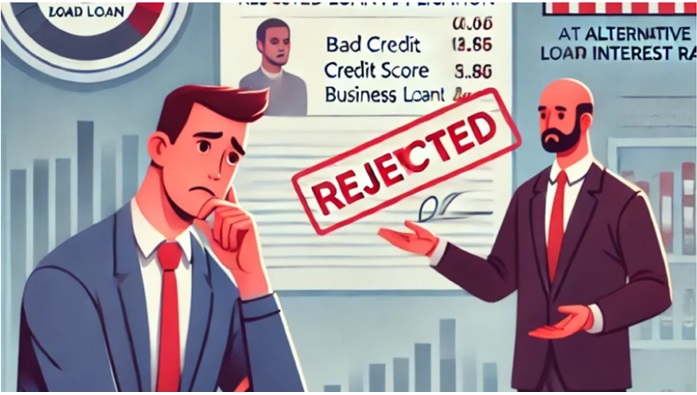
Bad credit loans Alberta offers an option for individuals who face challenges accessing traditional financing due to low credit scores. These loans are designed to provide quick access to funds, often with fewer credit requirements, though they typically come with higher interest rates.
They can be a practical solution for those needing emergency funds, but borrowers should carefully review terms and conditions to avoid excessive costs. Understanding the types of lenders available and the eligibility criteria can help in making an informed decision.
Many people in Alberta turn to bad credit loans when other options are limited, but knowing the risks and benefits ahead of time is crucial for responsible borrowing. This article explores what these loans entail and how to navigate the application process effectively.
Understanding Bad Credit Loans in Alberta
Bad credit loans in Alberta are designed to help individuals with poor credit histories access funds when traditional loans are not an option. These loans vary in type, eligibility criteria, and qualification standards, making it important to understand each element before applying.
What Qualifies as Bad Credit
Bad credit generally refers to a low credit score or negative credit history. In Alberta, a credit score below 600 is often considered poor by many lenders. Factors include missed payments, defaults, bankruptcies, or a high debt-to-income ratio.
Credit reports showing collections or previous loan defaults also qualify as bad credit. These records can affect loan approval chances and loan terms.
Lenders assess creditworthiness based on these factors, but bad credit does not automatically disqualify applicants. Many lenders specialize in loans tailored for low credit scores.
Types of Bad Credit Loans Available
Common bad credit loan types in Alberta include payday loans, installment loans, and secured loans.
- Payday loans are short-term, smaller amounts, usually repaid by the borrower’s next paycheck. They carry higher interest rates and fees.
- Installment loans offer larger amounts repaid over several months, often with fixed interest rates.
- Secured loans require collateral, such as a vehicle or property, which can improve approval odds and interest rates.
Each loan type has different approval criteria, repayment terms, and costs.
Eligibility Requirements in Alberta
To qualify for bad credit loans in Alberta, applicants typically must:
- Be at least 18 years old
- Have a valid Alberta ID or proof of residence
- Have a steady income to demonstrate repayment ability
- Maintain a Canadian bank account
While credit checks occur, many lenders focus more on current income and employment status. Proof of income can include pay stubs, bank statements, or a letter from an employer.
Some lenders may require collateral for better terms. Application processes are generally straightforward but can vary depending on the lender and loan type.
Applying for Bad Credit Loans in Alberta
Applicants should prepare for a detailed verification process. Understanding application steps and borrowing limits helps avoid loan rejections or financial strain.
How to Apply Successfully
Borrowers need to research lenders who offer loans to people with poor credit. Many Alberta lenders require a minimum income proof and Alberta residency.
Filling out the application accurately is crucial. Missing or incorrect information can delay approval or cause denial.
Comparing interest rates and repayment terms helps find the most manageable loan. Online applications may offer faster processing versus in-person options.
Documentation and Verification
Typical documents include government-issued ID, proof of income (pay stubs or bank statements), and proof of Alberta address (utility bills or lease agreements).
Lenders verify employment status and examine credit history reports to assess risk. Some also ask for references or co-signer details.
Ensuring documents are up-to-date and clearly legible reduces processing time. Borrowers should keep digital and physical copies ready before applying.
Responsible Borrowing Strategies
Loan amounts should align with actual needs and the ability to repay based on current income.
Setting reminders for payment deadlines avoids late fees and credit score damage. Borrowers should prioritize loans with lower interest rates if multiple are held.
Consulting credit counselors or financial advisors before committing can improve repayment planning and reduce risks of default.
Kids Swimming Lessons Essential Tips for Safety and Skill Development
Kids swimming lessons teach essential water safety skills and build confidence in the wate…








